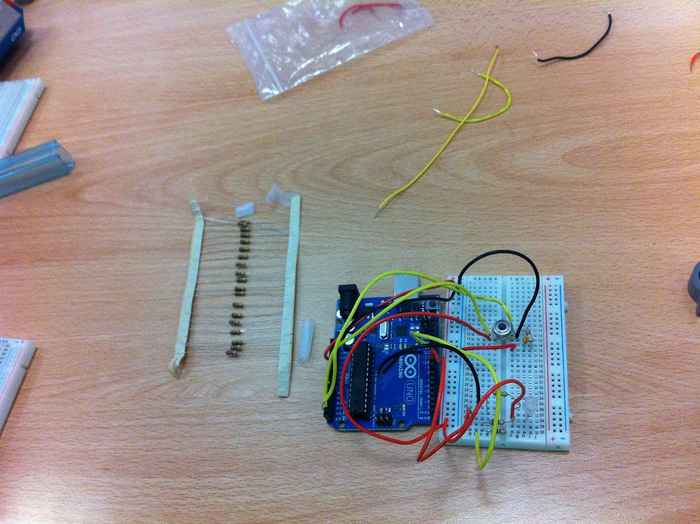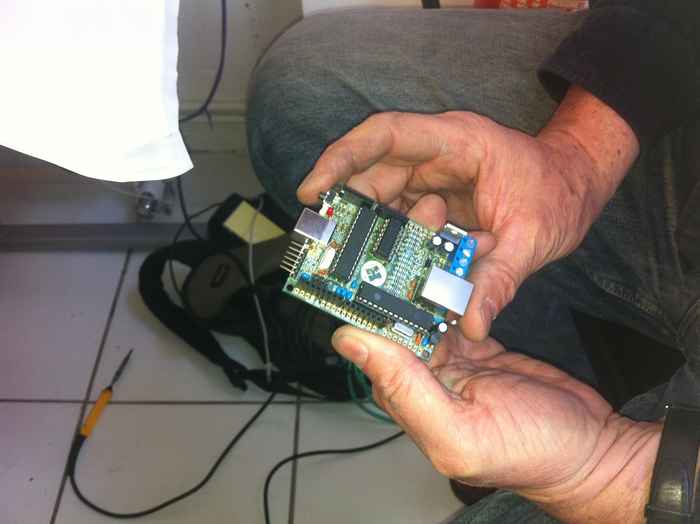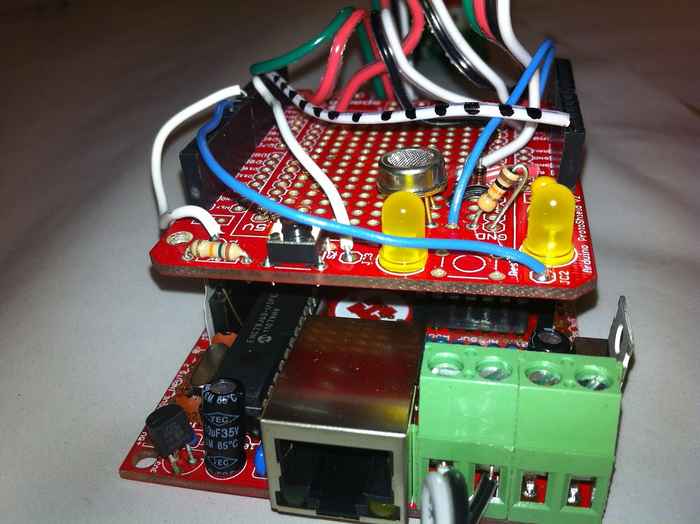'Best Practice' story telling on Smart Cities, and why we need better genres - By visiting lecturer Dr Dorien Zandbergen
Recently, it has been argued that 'Smart Cities' are capable of addressing the urban challenges and problems of our time, orchestrating urban life in more efficient ways and making cities more engaging and livable. As an ideal of future urban life, the Smart City is shaped by ubiquitous sensing and tracking information technologies, which constantly monitor and orchestrate urban processes at multiple levels. Critics of the Smart City point out that this intensifies many of the Orwellian aspects already present in today’s society. NSA spying, Google censorship, Facebook nudging and the profiling and commodification of people’s actions, writings and thoughts are practices that seem to be given free rein in future Smart Cities.



